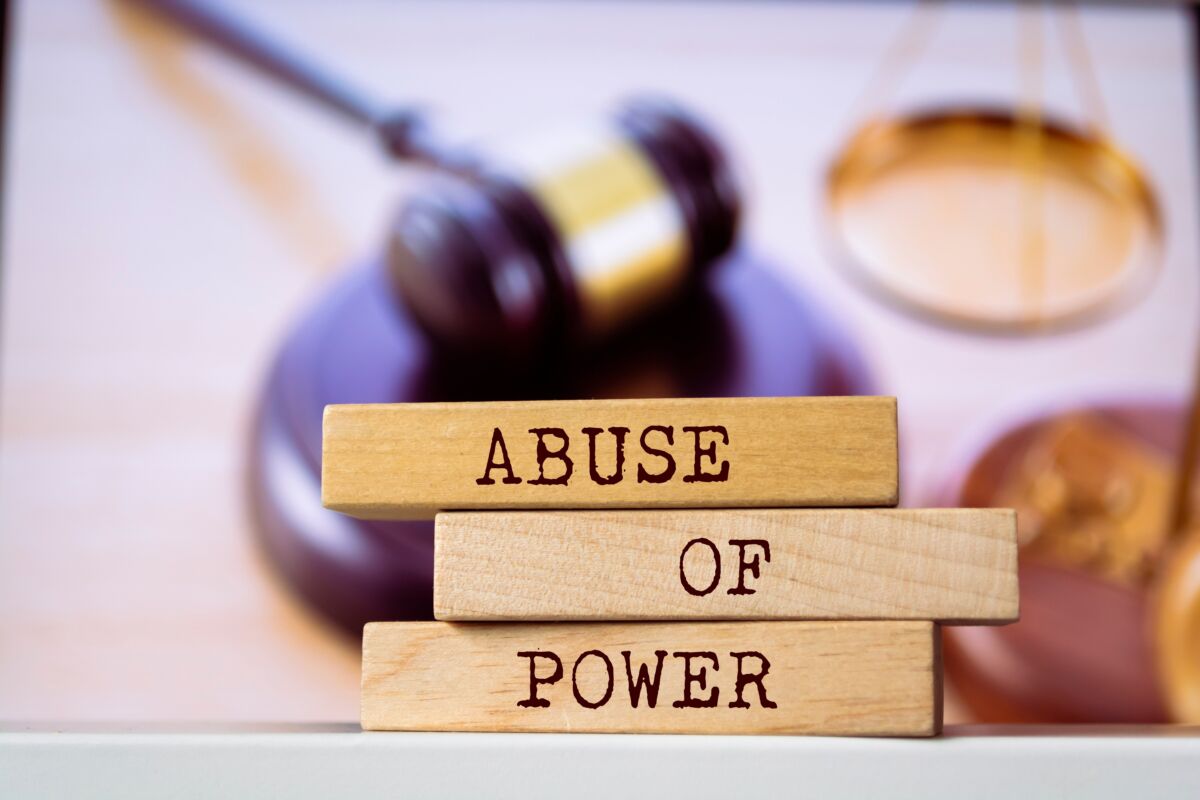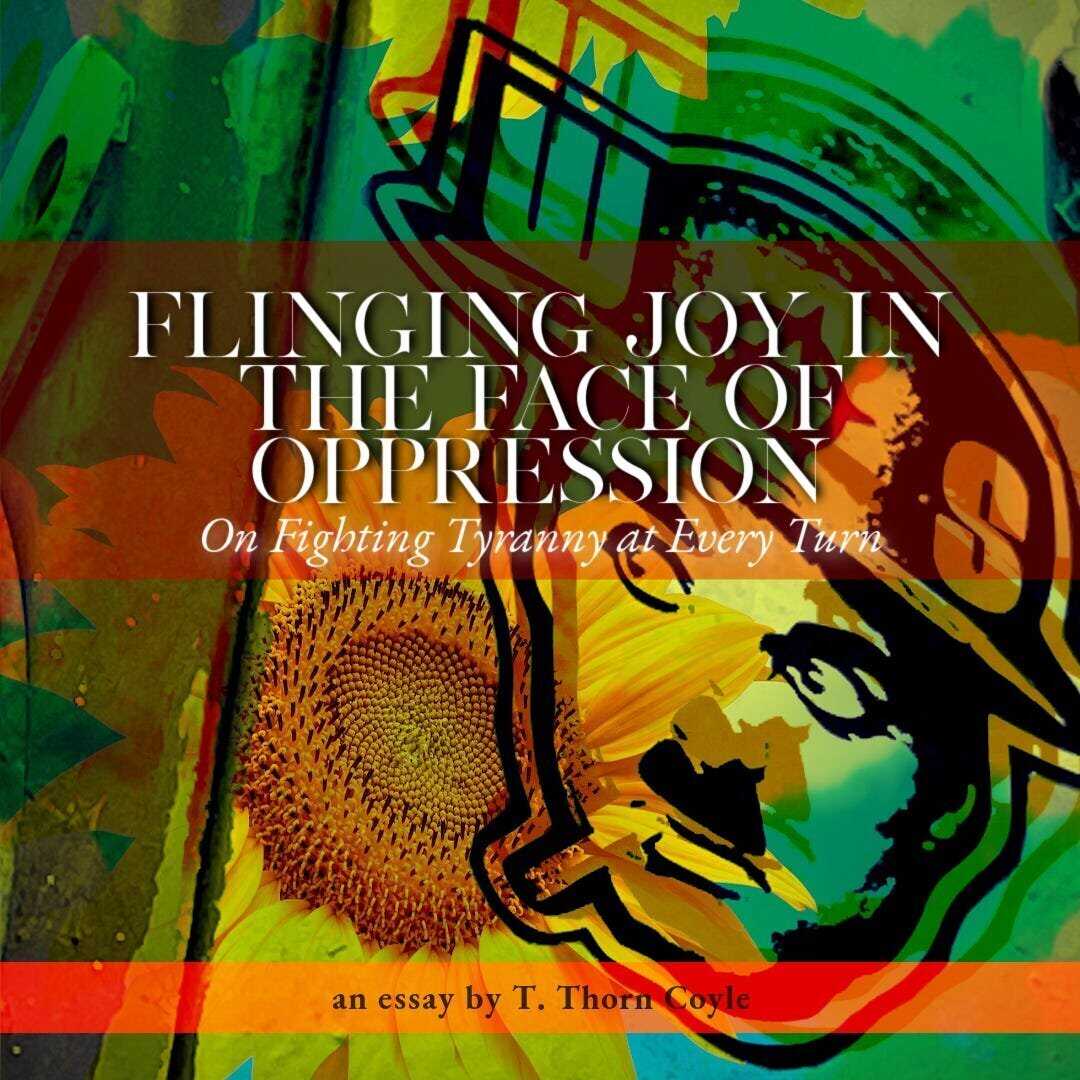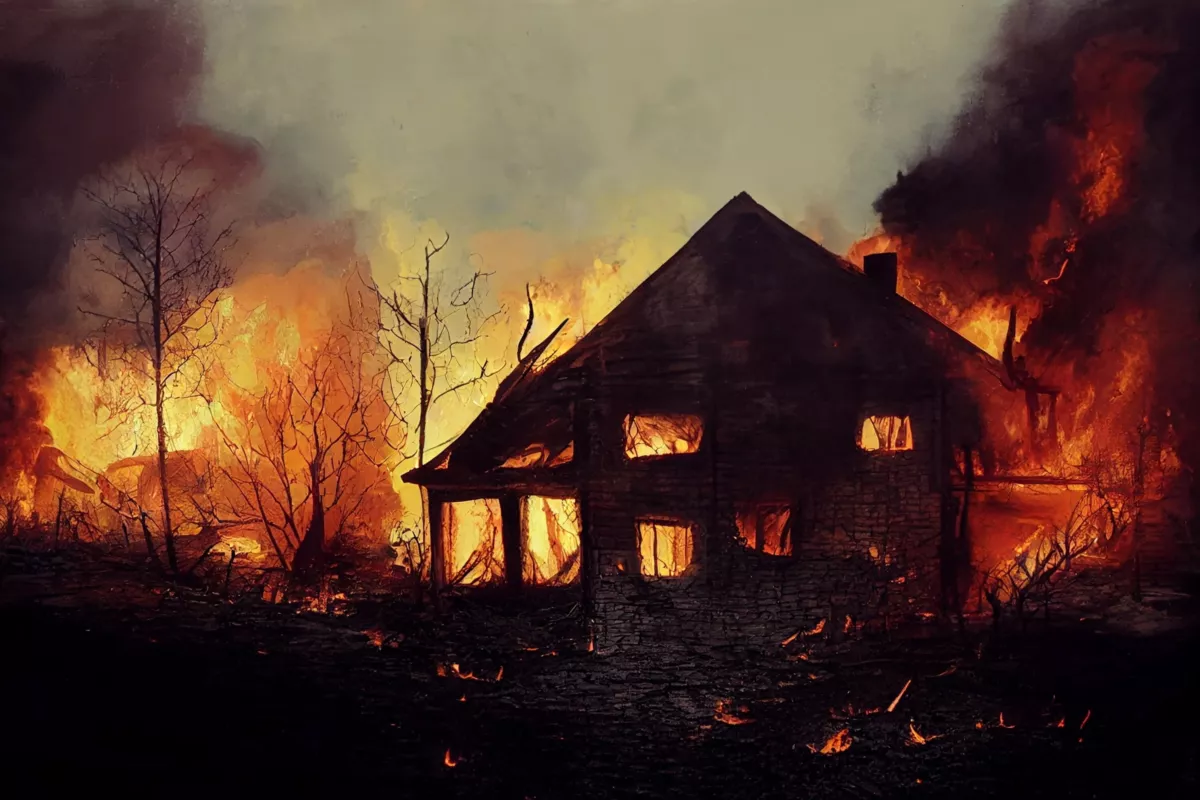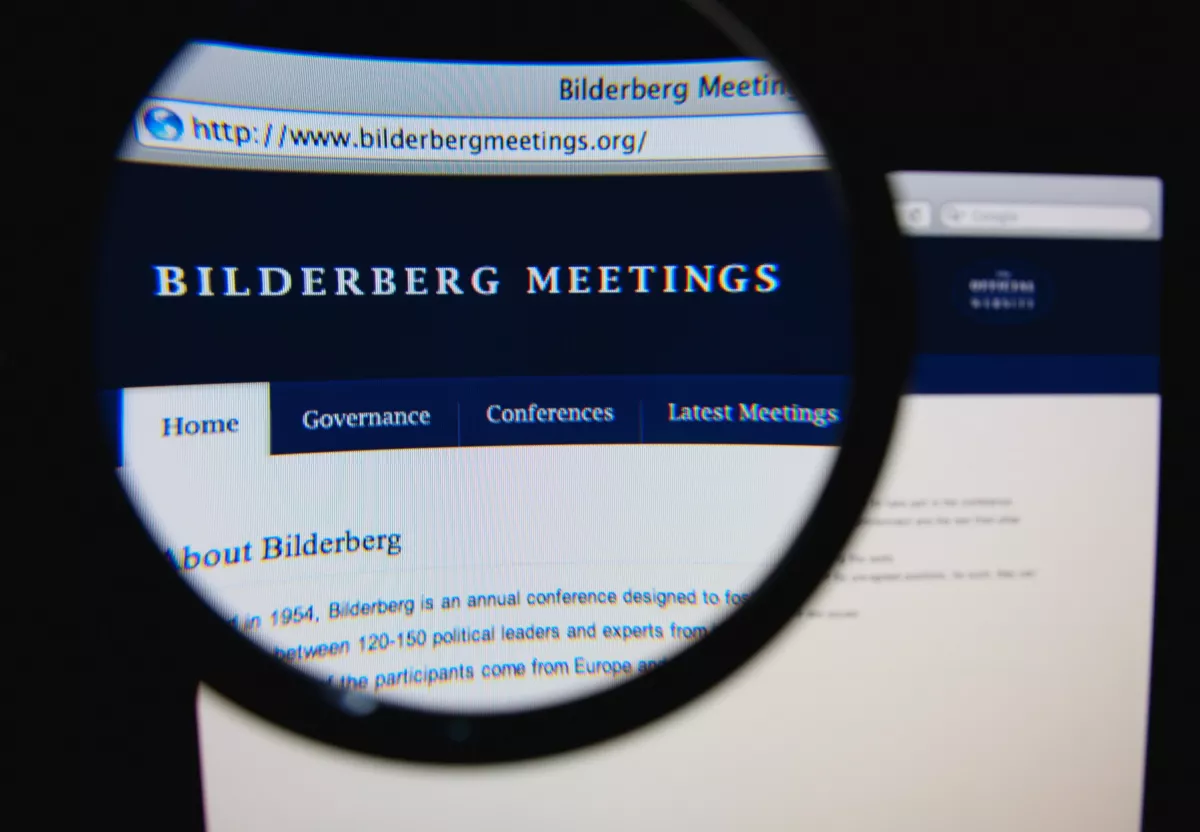Bye-Bye Trudeau! Fire Trudeau Petition Becomes the Most Signed e-Petition in Canadian History
By Tea Lynn Moore
An e-petition calling for the resignation of Prime Minister Justin Trudeau broke all records on Christmas Eve when it closed with 386,698 signatures (nearly 1% of the entire Canadian population). The petition, calling for a no-confidence vote in the Trudeau government, far surpassed the most signed e-petition in parliamentary history.
The House of Commons petition, e-4701, was penned by Conservative MP Michelle Ferreri. It began on November 24th and closed on Christmas Eve of 2023.
The petition read, “We the citizens of Canada have lost confidence in Justin Trudeau and the Liberal/NDP coalition,” and further demanded a vote of no confidence in the Trudeau minority government.
The Liberal government has 45 calendar days to respond once an e-petition is tabled in the House of Commons. Additionally, if Trudeau was given a no-confidence vote, it would trigger a federal election within 45 days.
Don’t lose touch with uncensored news! Join our mailing list today.
The petition further states that government policies fail to align with the crises Canada is facing, including “…housing costs, infringement of civil liberties, highest inflation in history, unbalanced immigration policies, taxation to the point of poverty, weakening of our economy by importing natural resources that Canada already has and under-utilizes…”
Moreover, the petition mentions Trudeau’s five ethics investigations, saying that Canadians have lost faith in his government after these scandals and, “Canada’s reputation being tarnished on a global scale.”
The second most successful petition was submitted by the New Democrat Party, which demanded Canada call for a ceasefire in the “Israel-Palestine Conflict.” This petition, now closed, garnered just over 286,000 signatures.
This isn’t the first time the idea of firing Trudeau has gone viral. In 2022, the hashtag #TrudeauMustGo took the #1 trending spot on Twitter in Canada for 5 days with over one million tweets. In these tweets, Canadians were leaving short blurbs about their lives and calling out Trudeau’s hatefulness towards Canadians. Even Trudeau’s own brother, Kyle Kemper, took part by tweeting: “For 2 decades I’ve been calling BS on the corporatocracy and my brother @JustinTrudeau has become a captive in their scheme. It’s time #TrudeauMustGo and for Canada to become a sovereign nation again”
Comments Trudeau has made throughout the plandemic to incite division among Canadians include: calling unvaxxed protesters a “small fringe minority with unacceptable views” and telling a Quebec television station that unvaccinated “don’t believe in science and are very often misogynistic and racist.”
Even Liberal’s option of Trudeau is tanking. A recent poll by Abacus Data found that 91% of liberal voters find him “inauthentic and phony.”
It’s clear that Canadians are expressing significant dissatisfaction and growing frustration with Prime Minister Justin Trudeau’s leadership. This petition reflects a deep-seated discontent among a notable portion of the Canadian populace, not only with Trudeau’s policies and actions during his tenure, but also with his approach to governance and public discourse. The surge in signatures and the traction of social media movements like #TrudeauMustGo indicate a strong desire for change and accountability in Canadian politics.
The government’s response to this petition, and Trudeau’s reaction to the criticisms and calls for his resignation, will be crucial in the coming days. It will not only determine the immediate political future of Canada but also set a precedent for how democratic processes and public opinion are respected and addressed in Canadian politics. Whether this leads to significant policy changes, a shift in the political landscape, or even a potential federal election, remains to be seen. However, one thing is certain: the voice of nearly 1% of the Canadian population cannot be ignored, and it signals a critical moment in Canada’s political narrative.












